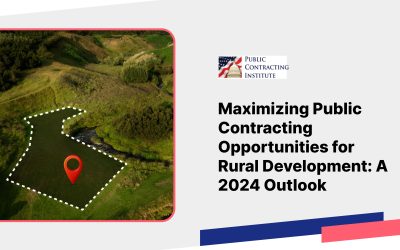On December 17, 2018, the President signed the “Small Business Runway Extension Act of 2018,” Pub L. No. 115-324 (“Runway Act”). This act changes the period for measuring small business revenue-based size standards from three years to five years. The size of a concern based on its revenue will be changed from the average of the past three years, to the average of the past five years.
The small business size regulations are at 13 C.F.R. Part 121, and the actual size standards, by North American Industry Classification (“NAIC”) codes, are at 13 C.F.R. § 121.201. There are two ways of determining if a business is “small,” by revenues (average annual receipts over a period—primarily used for firms that provide services), and number of employees—primarily used for firms that provide goods. The Runway Act does not change the average annual receipts numbers (which range between $750,000 and $38.5 million depending on NAICS code), and has no effect on the employee numbers (which range between 100 and 1,500 employees).
As stated in the House Report from the Small Business Committee on H.R. 6330, this act is designed to reduce the impact of rapid-growth years which result in spikes in revenue that “may prematurely eject a small business out of their small size standard.” H. Rpt. 115-939 at 2. The new act will allow small businesses more time to grow and develop their competitiveness before they are forced to compete in the open marketplace.
The Runway Act was signed by the President on December 17, 2018. However, on December 21, 2018, the Small Business Administration (“SBA”) issued an “Information Notice” that stated that “the Small Business Act requires that new size standards be approved by the Administrator through a rulemaking process. []. The change made by the Runway Extension Act is not presently effective and is therefore not applicable to present contracts, offers, or bids until implemented through the standard rulemaking process. The Office of Government Contracting and Business Development (“GCBD”) is drafting revisions to SBA’s regulations and SBA’s forms to implement the Runway Extension Act. Until SBA changes its regulations, businesses still must report their receipts based on a three-year average.”
For other helpful suggestions on government contracting, visit:
Richard D. Lieberman’s FAR Consulting at https://www.richarddlieberman.com/, and Mistakes in Government Contracting at https://richarddlieberman.wixsite.com/mistakes/.

